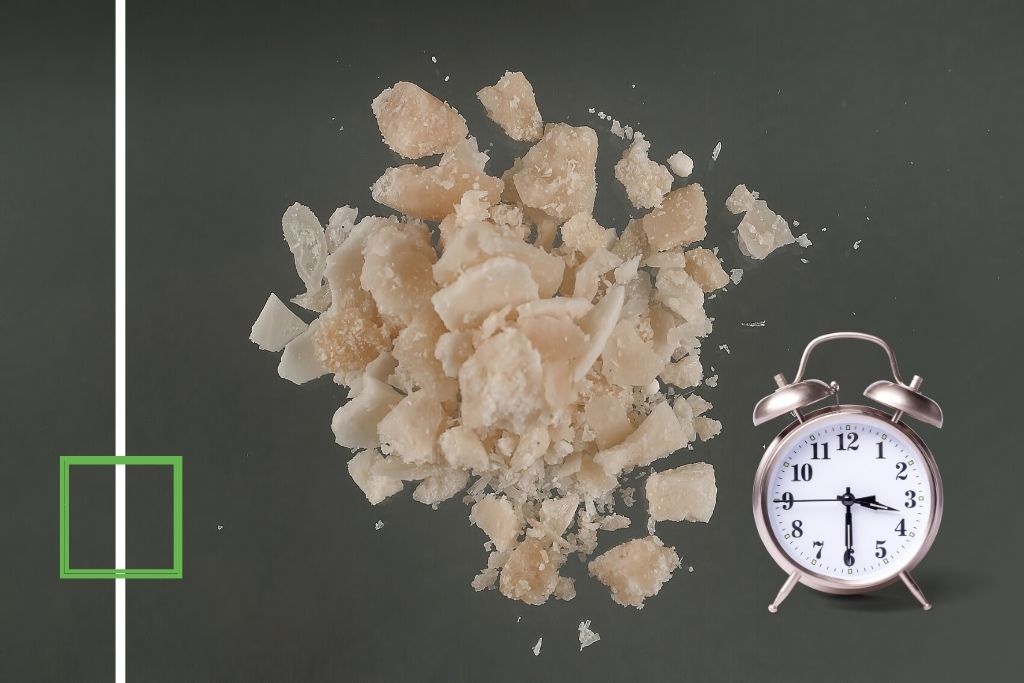Urine drug tests are the most common method of screening for drug use. This is because urine tests are affordable, easy to conduct, reliable, and can detect multiple drugs for multiple days. Since urine is the byproduct of what the kidneys filter, just about any chemical that is consumed and processed by the kidneys can be detected in this type of test. However, the test must be conducted in a manner that tests for each desired substance. Some urine tests are only designed to test for the presence of one substance, whereas others can test for the presence of a wide array of substances.
Not all drugs will be detected in an individual’s urine for the same amount of time. Some substances can only be detected in urine for 2-3 days and others can be detected for 3-4 weeks. Standard urine drug tests screen for 9 or 10 substances. The most common substances a urine test will be screened for and how long they can be detected include:
Drugs Screened
- Amphetamines – Between 2 and 3 days
- Methamphetamines – Up to 1 week
- Benzodiazepines – Between 4 days and 6 weeks
- Barbiturates – Up to 6 weeks
- Marijuana – Up to 30 days
- Cocaine – Up to 3 days
- PCP – Up to 4 weeks
- Methadone – Approx. 12 days
- Apioids (narcotics) – Approx. 3 to 4 days
There is no exact amount of time that a substance can be detected, rather a range of time that is maybe detected during any type of drug screening. This is because these tests are dependent on how quickly the body is able to process the substance and lots of factors have an effect on a body’s physiology.
Factors That Effect Detection
- Type of drug(s) used
- Amount of drug(s) used
- Frequency of use
- Length of drug use
- Drug tolerance
- Hydration/water intake
- Body mass
- Physical activity
- Metabolic rate
- Underlying health/medical conditions
- Co-drug use
- Ethnicity
- Gender
- Weight
- Half-life of drug(s) used
Extended-Release Substances
As you may have noticed, substances such as benzodiazepines have a particularly wide range of time in which they can show up in a drug test. This is because there are different versions of these substances: standard and extended-release. Standard release benzodiazepines like Xanax are only going to be detected for 4 days, give or take a day. However, Xanax XR is an extended-release version of this substance that can be detected for a significantly longer period of time. For this reason, some benzodiazepines can be detected in urine for about 6 weeks.
When Urine Drug Tests Are Used
As mentioned previously, urine drug tests are affordable and easy to administer. For these reasons, urine drug tests are the most common form of test used at the following locations:
- Work: Employers commonly conduct random drug tests. For industries where drug use can become a serious liability these drug tests discourage substance abuse and they help lower the insurance costs to the employer.
- Doctor’s Office: A doctor’s office may run a urine analysis to determine if there are any substances present that may be causing a health issue.
- Addiction Rehab: When admitted to a drug and alcohol rehab program, the patient will be tested upon arrival and periodically to ensure that they stay on track.
- Probation Meeting: Passing drug testes is a standard requirement when on probation for criminal activity.
- Home: Urine drug tests can be even be conducted at home to determine if a child, spouse, or other loved one has been under the influence of drugs.
If you are worried that a substance you consumed illicitly may show up in an upcoming drug test and you know that you could be facing this drug test, this may be a sign of addiction. Contact our help like to speak with an addiction professional and determine if a drug rehab program could be helpful to you. We are here to help!





